I closed and removed the project in IntelliJ, then, in my project folder, I removed the subfolders project/, target/ and .idea/. Then there were remaining only build.sbt and src/. Afterwards, in IntelliJ, I did: File -> New -> Project from existing sources -> import project from external model -> sbt.
This procedure has generated a new .idea Project file.
Expression type Def.Setting[String] must conform to DslEntry in SBT file has been gone now.
Hope this helps.
UPDATE 2018-11-17:
When shuffling with modules and projects in IntellIJ SBT, try replacing
lazy val root = (project in file("."))
with an always distinguished
lazy val root = Project(id="module_xyz", base = file("."))
In my case, the problem was solved this way! It occured from having multiple (project in file(".")) in different modules/build.sbt files belonging to the same IntelliJ SBT project. It seems to me that there can only be one (project in file(".")) in an IntelliJ SBT multi module project. So having many different Project(id="module_xyz", base = file(".")) can solve this.
